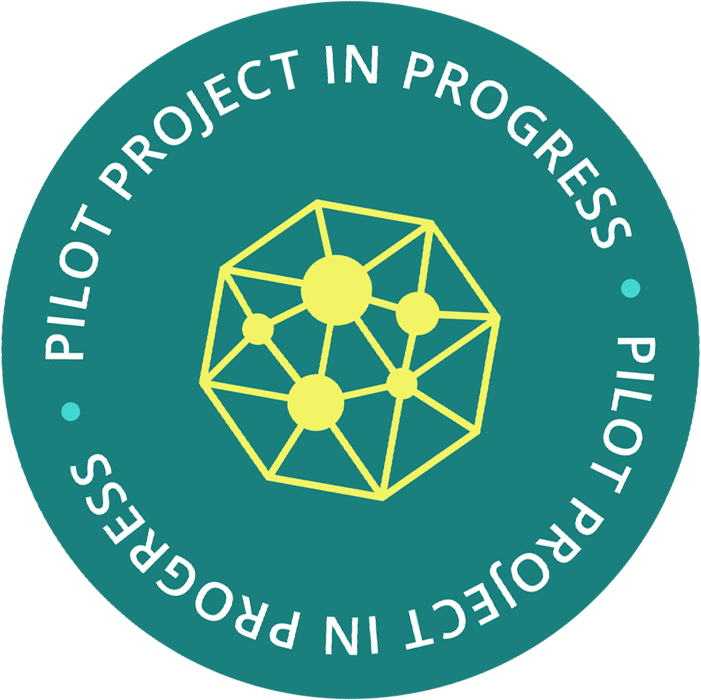Bioplastic future: using bioplastics to transform domestic plastic production
THE QUESTION
Can conventional plastic production facilities be retrofitted to produce bioplastics?
LOCATION: Nepal
SECTOR: Circular Economy, Manufacturing
TECH: Clean tech
TIMELINE: September 2023 - Present
PIONEER: Ugan Manandhar
PARTNERS: Utopia
The Challenge
Single use plastics are deeply embedded in our societies and are a major factor of pollution. In Kathmandu, Nepal, 4.8 million plastic bags are consumed daily, making up 15% of the Kathmandu valley’s total waste stream that ends up in open air landfill, rivers or being burned. The Himalayas are the water tower of the region and Nepal’s discarded plastics end up polluting water sources in the Bay of Bengal. Each bag takes up to 500 years to fully biodegrade, and in the process, pollutes soil and water through leachate, microplastic release and air pollution through burning, all that in addition to the carbon impact of its sourcing, production, transportation and consumption.
Recognising the scale of the problem, in 2019 the Government of Nepal legally banned the use of plastic bags and other single-use plastic items (e.g. straws, cups, and plates). However, there has been no enforcement of the ban and consistent demand from users due to no suitable alternative. Until now…
The Idea
Starting in 2023, the Frontier Tech Hub has been working with Zero Circular, a bioplastics innovator, and Utopia Kathmandu, a social enterprise startup incubator to explore the production of bioplastics in Nepal. The pilot focused on two key areas:
- Retrofitting of existing manufacturing machines
- Commercial viability and proof of business
There is an acute need to replace harmful, carbon-intensive plastics with a bio-based, compostable product that has similar characteristics and functions – i.e. strength, water tightness, transparency, thickness, size. Retrofitting was identified as a method of upgrading older, small/medium-scale plastic production machines, which make up the bulk of Nepal’s plastics production capacity. We tested retrofitting sensors and parts to older production equipment to enable the production of bioplastics, which requires machines capable of more consistent and precise heat and processing. The pilot found, through three rounds of experimentation, that while technically feasible, retrofitting might not be the viable commercial business model first envisioned as it took longer, was more costly and complex than first anticipated.
Compostable bioplastics are a new concept in Nepal. This pilot sought to identify, test and create a strong bioplastics awareness in the plastics marketplace. The team engaged with potential customers through fake-door advertising campaign to gauge interest and level of demand. The team also started co-creating use cases with highly motivated customers and end users developing a clear understanding of the market through this experimentation and further direct market research. Niche products and customers were identified and served through limited bioplastics production, but this indicated that real change would stem from securing price parity. Zero Circular themselves identified significant opportunities to lead the bioplastics market.
The pilot-level learning from this project helped to develop a clear business plan for investment into production backed by the FT Hub’s follow-on fund. This investment will set up Zero Circular with a high-capacity production facility to enable them to meet the demand they already identified and to bring down the price of bioplastics in the Nepal market. This has already led to three skilled green manufacturing jobs created, with more planned as production ramps up across 2025 and beyond.











Each month we take one global critical challenge and explore what’s happening on the frontier of innovation. This month we're On the Frontier of Local Manufacturing.